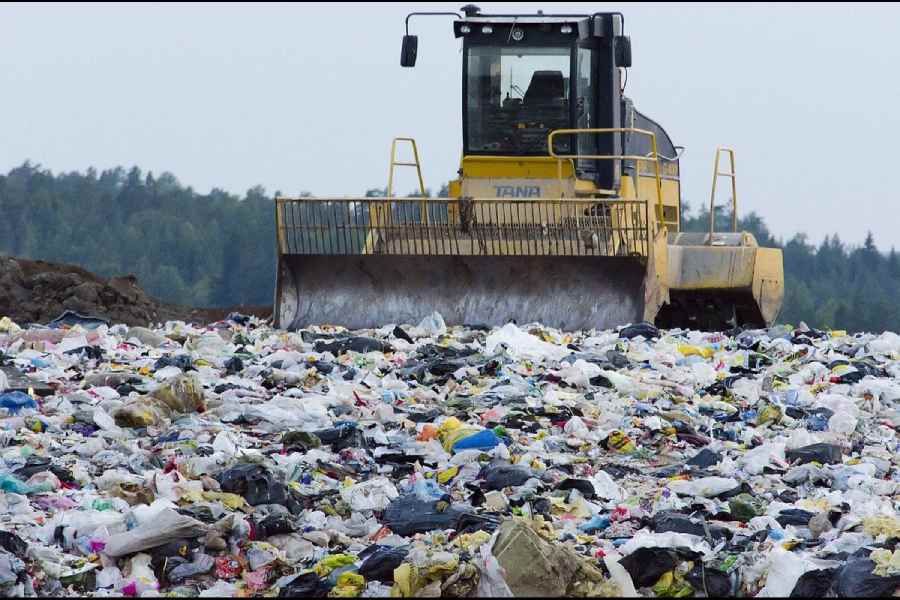A study by researchers from Nagaland University has found that Dhansiri, a river in the Northeast, faces escalating pollution resulting from anthropogenic activities, including urbanisation, discharges from towns, agricultural runoff and inadequate domestic waste management, which have “severely deteriorated the river’s water study quality”.
The findings are an outcome of studying the pollution status of the Dhansiri river across all four seasons of the year and researchers have also developed policy proposals to revive it.
The researchers attempted to evaluate the seasonal fluctuations in the physicochemical parameters of the river at three distinct locations (upstream, middle and downstream stations) and thereby estimate the seasonal Water Quality Index (WQI) rating for checking the potability of the water fit for human purpose.
This research was led by Dr. M. Romeo Singh, associate professor, department of botany, Nagaland University.
The research focused on assessing the water quality of the Dhansiri river in the Northeast using the Water Quality Index technique, a statement by the university said.
Dr. Singh said: “This study serves as an essential basis for the sustainable restoration of the Dhansiri river and comparable neglected water bodies in India. If its recommendations are executed, it can initiate a paradigm of river restoration that integrates scientific knowledge, community engagement and policy reform, thereby benefiting society and enhancing the nation’s resilience to environmental stresses.”
The researchers found that various water quality parameters, including turbidity and total alkalinity, exceeded national and World Health Organization (WHO) guidelines, particularly in the summer months.
The downstream areas were primarily affected, categorising the water as “non-potable” and “unfit for consumption”, highlighting the urgent need for improved water quality.
Water quality improved in winter and drastically declined in summer, attributed to increased runoff and elevated temperatures impacting metrics such as turbidity, total dissolved solids and biochemical oxygen demand. Turbidity surpassed the allowable threshold in all seasons, although total alkalinity (TA) exceeded restrictions during winter.
The report recommends relocation of dumping sites, prohibition of direct trash discharge, adoption of advanced wastewater treatment techniques, improving drainage systems and establishment of robust regional water management policies.










